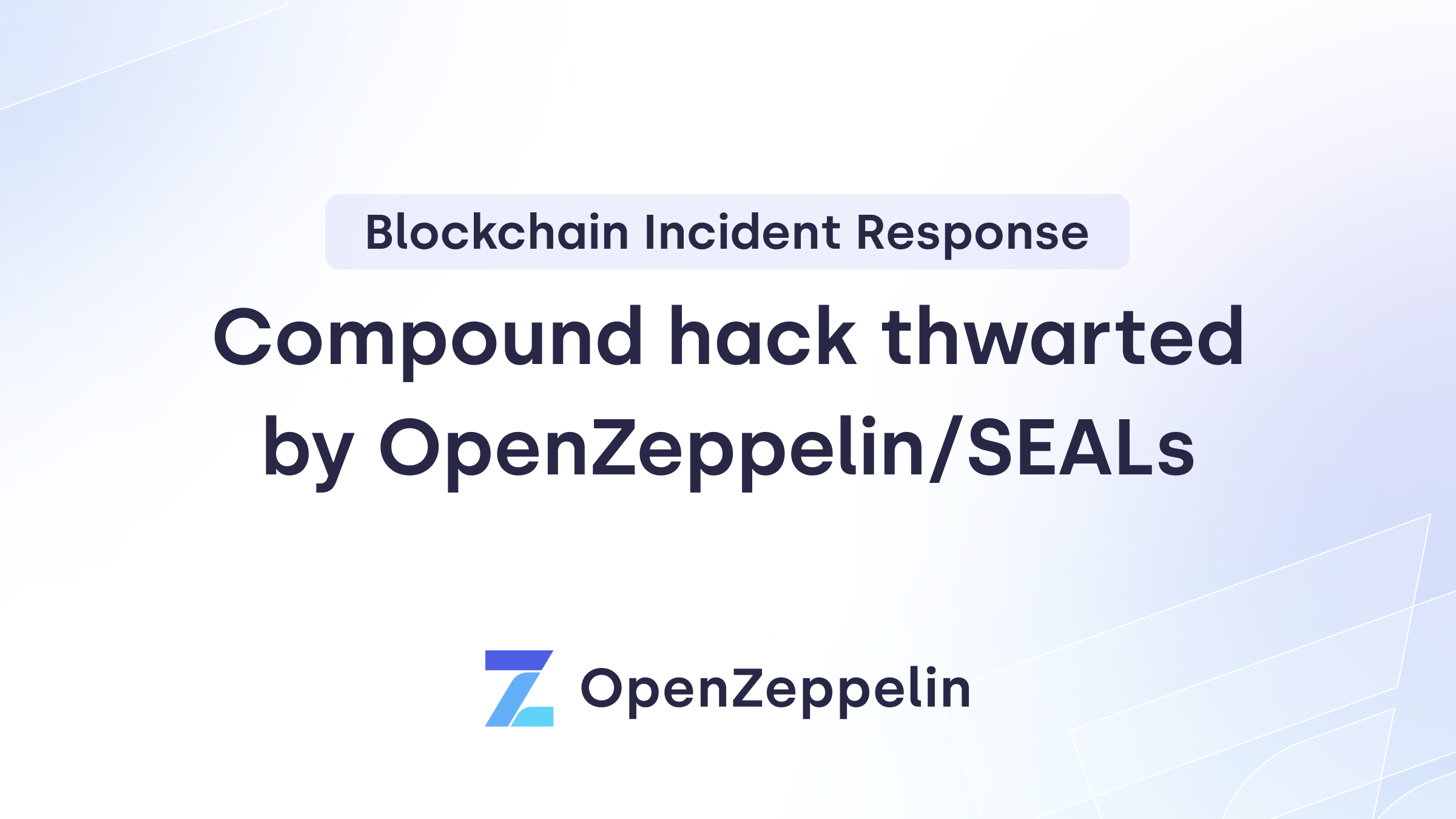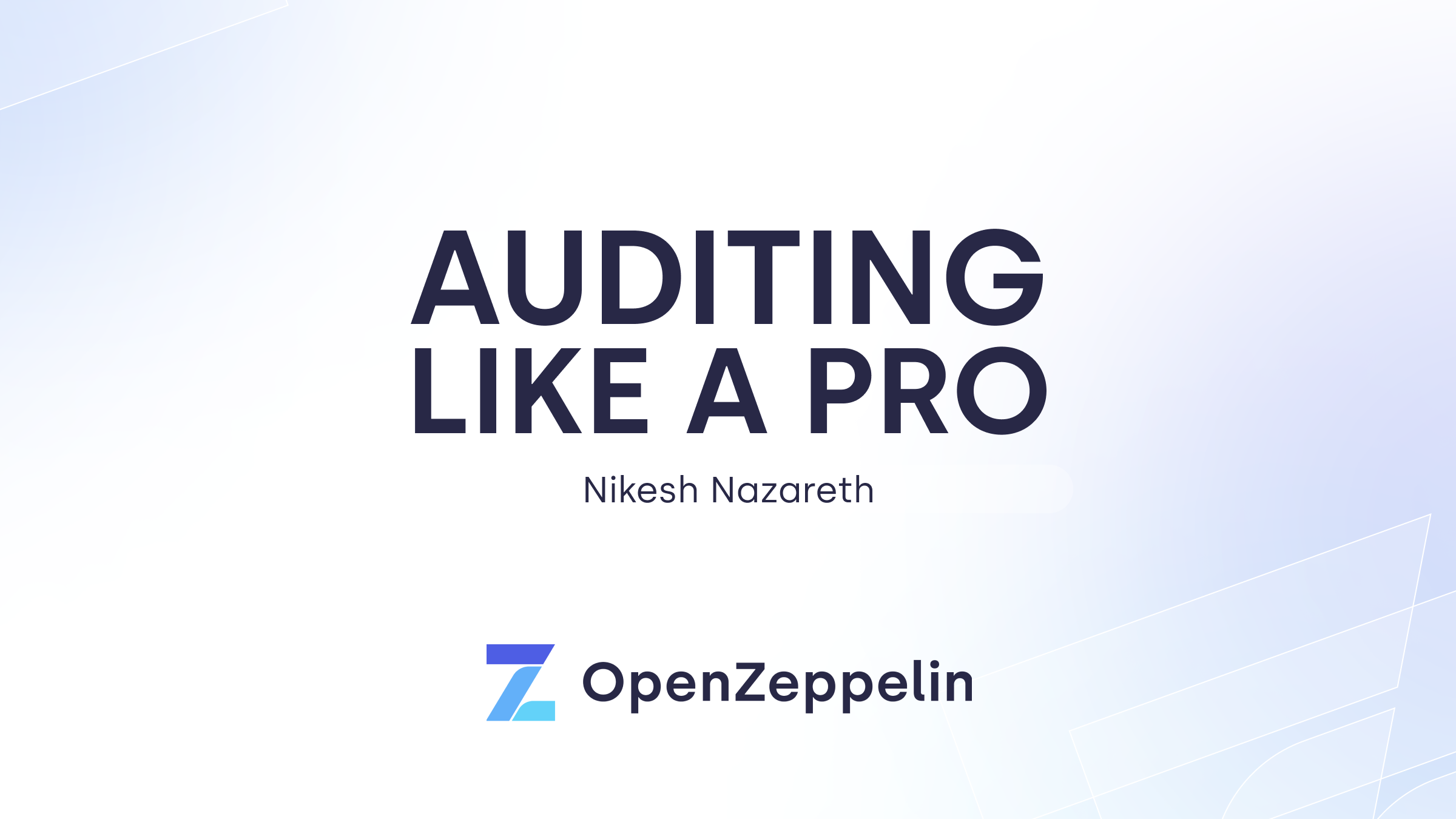Companies we’ve never heard of are IPO’ing before our very eyes. Instead of ringing the IPO bell after multiple years of operations, they are public from day 1. And instead of raising money by selling their company stock, they build distributed networks and sell their own tokens.
This new way of building companies is what Fred Ehrsam — founder of Coinbase — described as the Decentralized Business Model
Many of the established rules about building and investing in businesses don’t apply to this new model. What can we learn from the companies going down this road?

Tokens
The mechanics of a token crowdsale are directly related to the kind of token issued. We identified three types of tokens:
- User Tokens
- Equity Tokens
- Debt Tokens.
User Tokens
User Tokens — or Appcoins, as Naval and Balaji called them — are the digital currency needed to access the service provided by the distributed network. As Albert Wenger explains, you can think of these as tokens you buy at a fair to get on a ride.
In Ethereum, for example, you need Ether to build distributed apps on the platform. In the case of Sia
User Tokens are earned by providing value to these networks. Contributions can take the form of mining, as in Bitcoin, Ethereum and Sia, or publishing stories, as in Steemit
Since User Tokens are on a blockchain, they can be easily redeemed for any local or crypto currency.
Equity Tokens
Equity Tokens are used to finance the development of the network, but are not needed to access the services provided by the underlying protocol. As its name suggests, we can see Equity Tokens as crypto shares of a network.
In exchange for their investment, Equity Token holders are entitled to “dividends” in the form of revenue sharing or transaction fees in the network. For example, in the case of Sia, 3.9% of all successful storage payouts go to the holders of Siafunds, their Equity token.
In many cases, these Equity Tokens represent shares of a Distributed Autonomous Organization (DAO) The DAO’s code is responsible for issuing the tokens, holding the money collected from the token sale, and contracting a company to develop the network.
Besides receiving a pro-rated reward, Equity Token holders in the form of DAO shares are usually entitled to pledge on proposals for how the investment money will be used.
That’s the case of Digix an asset-tokenisation platform built on Ethereum. DGD token holders (1) receive a reward on the transaction fees of the Digix Gold Network, and (2) are able to submit and vote proposals on the DigixDAO.
Debt Tokens
A third type of token is the Debt Token. We can see these as a ‘short term loan’ to the network, in exchange for an interest rate on the amount lent.
Steemit is one of the few networks with Debt Tokens, issued in the form of Steem Dollar. Steem, the cryptocurrency mined in the network, can be used to buy Steem Power or Steem Dollars. Holders of Steem Dollars receive a ~10% interest rate, paid in Steem Dollars.
Steem Dollars are unique to the economics of the Steemit protocol. Through buying Steem Dollars, people can invest in the network with sufficient liquidity, without committing to the 2-year vesting period Steem Power holders are subjected.
We see networks with multiple combinations: with only User Tokens (Bitcoin, Ethereum), with only Equity Tokens Golem, SingularDTV, with both User and Equity Tokens (Sia, Digix), and with all User, Equity and Debt Tokens (Steemit). The combination depends on the unique dynamics and economics of the network.

Crowdsales
The type of token typically dictates the mechanics of its crowdsale.
Pre-sale of User Tokens
To sell User Tokens, companies tend to:
- Publish a white paper defining the specifications of the network and a roadmap for its future development.
- Publicly announce the token and release the source code prior to creating the first token.
- Deploy the network and secure User Tokens via mining. Alternatively, allocate a portion of the pre-sale tokens to the founding team as a reward for ideating and developing the network.
- Advertise the network and sell User Tokens to anyone, anywhere.
- Work to grow the number of people using, building apps on top and maintaining the network. As the network grows, demand for the token increases, leading to a rise in the User Token price.
This is what we call the Nakamoto Business Model. Satoshi got its reward not by pre-mining bitcoins, but by being the first believer and supporter of the network.
Steemit followed The Nakamoto Business Model as well. The company wrote the code to power the Steemit distributed network, announced it to the public and secured ~80% of the initial STEEM via mining. They plan to keep 20%, sell 20% to raise money, and give away 40% to attract users/referrers.
Ethereum’s case is a bit different. Their pre-sale consisted of distributing private keys to buyers as a software access token to use the future network. Ethereum raised over 18 million USD worth of bitcoin in the form of 60 million Ether tokens created, where 12 million Ether (20%) were retained by the development team. When Ethereum launched, buyers received their Ether as the first blocks were mined.
Crowdsale of Equity Tokens
For Equity Tokens, companies tend to:
- Publish a white paper defining the specifications of the network and a roadmap for its future development.
- Write a smart contract for a DAO, with a pre-defined number of Equity Tokens allocated to the company founders.
- Make the company the provider of the DAO, in charge of developing the network in exchange for a payment.
- Advertise the DAO crowdsale and sell Equity Tokens to anyone, anywhere. Use that money to pay the company for their development work.
- Work to make the network grow to increase the value of the Equity Token, and collect rewards based on the increased network usage.
Digix reached it’s 5.5 million USD target within 12 hours by following these steps. Since DigixGlobal is the company that ideated the network, published the white paper, wrote the DAO smart contract in Ethereum and holds a substantial amount of Equity Tokens, they became the default service provider of the DigixDAO.
Regulation on token crowdsales
The laws that govern the issuance and sale of cryptographic tokens depend on the jurisdiction where these events take place.
There are countries like Singapore and Switzerland where virtual currencies are not considered securities nor legal tender.
In the US, the Howey test is used to evaluate the sale of securities. Under the Howey test, an instrument is a security if it a) involves an investment of money or other tangible or definable consideration used in b) a common enterprise with c) a reasonable expectation of profits to be d) derived primarily from the entrepreneurial or managerial efforts of others. The public sale of securities to American citizens is ruled by the SEC, rendering it illegal to perform it without their permission.
As Coin Center and Primavera de Filippi suggest, issuance of User and Equity Tokens may constitute the sale of securities under the Howey test But in reality, the power of these tokens goes beyond our understanding of traditional securities.
We also know the SEC is working on ways to rule blockchains as Transfer Agents The actual impact of this regulation on the issuance of tokens is still unknown.
Connecting tokens to the legacy world
We see four different approaches used to carry out a legal and compliant token crowdsale.
The Swiss-based GmbH and Foundation
The Ether pre-sale was conducted by the Ethereum Foundation, a non-profit organization registered in Switzerland, whose sole purpose is managing the funds raised from the Ether Sale in order to best serve the Ethereum ecosystem. To enable American citizens purchase Ether without being ruled by the SEC, they framed the pre-sale of User Tokens as the sale of cryptographic fuel — Ether (“ETH”) — required to run distributed applications on the Ethereum open source platform.
The initial development of the software was carried out by Ethereum Switzerland GmbH, a Swiss-based LLC.
The Singapore company and DAO
In the case of Digix, the smart contract for the DigixDAO was written by DigixGlobal, a Singapore-based company. This company is then hired by the DigixDAO and gets paid for developing the Digix network.
Equity Tokens sold represent shares of the DigixDAO. While the Monetary Authority of Singapore (MAS) does not consider tokens as securities MonetaryAuthority of Singapore (MAS) does not consider tokens as securities, the legal sale to American citizens depends on the SEC’s interpretation of the tokens under the Howey test.
The ‘CODE’
A third experimental approach used by Singlar-DTV — a Blockchain Entertainment Studio — is the Centrally Organized Distributed Entity. The ‘CODE’ is a combination of a Centrally Organized (CO) governance component in the form of a Swiss GmbH — LLC — and a Decentralized Entity (DE) component in the form of a tokenized ecosystem built on Ethereum.
The GmbH is responsible for spending the Ether collected in the Decentralized Entity token sale to build media projects and collect the revenue generated. The ‘CODE’ is supposed to be regulatory and tax compliant, protecting the token holders from potential liability.
The independent company
The last approach is to keep the network and issuance of tokens independent from its creator Tokens are allocated via a computer algorithm that does not specify any specific public keys to receive funds.
Following the Nakamoto Business Model, the network creator secures its share of tokens by being the first miner in the public network. Steemit did this as a Delaware C Corp.
The formation of these entities are some of the first approaches tried to legally connect the new model for building companies to the legacy world. As more companies, lawyers and regulators enter the space, we’ll see how they develop.

A new way of building companies
We see 40+ companies applying the token-based model to finance protocol development. We believe it could be extended to other types of companies as well.
This is something we are very interested in at Smart Contract Solutions. We are working on tools to build businesses under this new model. Follow us on Medium to keep updated on our future announcements.


